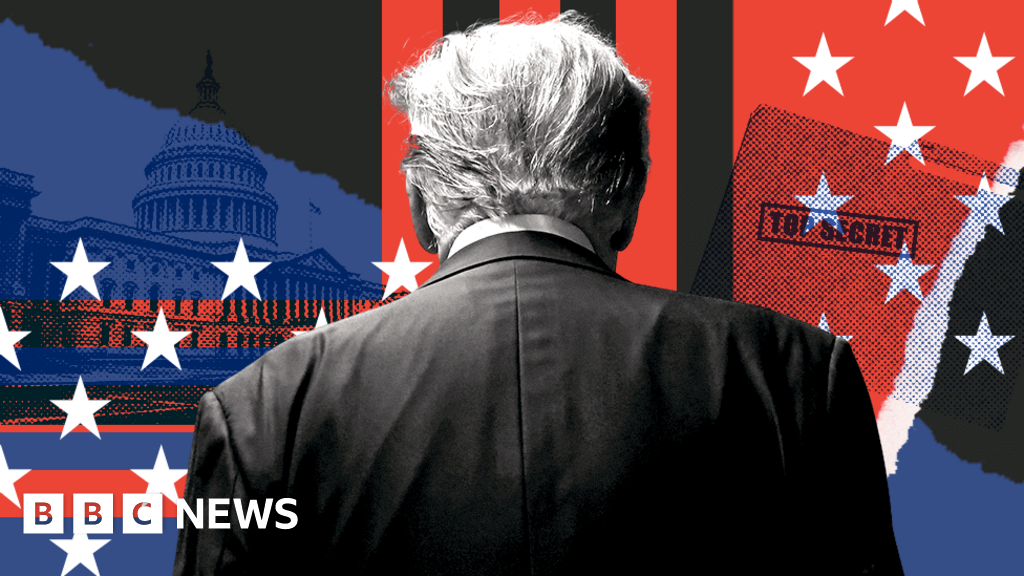What’s it about?
Whether Trump mishandled classified documents by taking them from the White House to his Mar-a-Lago residence after he left office.
The case against Trump is also about whether he obstructed the FBI’s efforts to retrieve the files, as well as the criminal investigation into his handling of them.
The majority of the counts are for the wilful retention of national defence information, which falls under the Espionage Act.
There are then eight individual counts, which include conspiracy to obstruct justice, withholding a document or record and making false statements. Trump has pleaded not guilty on all counts.
When’s the trial?
The case was dismissed by a Florida judge on 15 July, marking a significant legal victory for Trump just days after he survived an assassination attempt in Pennsylvania.
Judge Aileen Cannon, a Trump appointee, made the dismissal on the basis that the Justice Department’s appointment of special prosecutor Jack Smith violated the US Constitution.
But Mr Smith appealed the decision, which came after Judge Cannon cancelled the 20 May trial date without giving a new one.
Mr Smith argued the judge’s view “deviated” from legal precedent.
Trump and his lawyers have long tried to put the case off until after the November presidential election.
The case now faces an uncertain future after the Supreme Court’s immunity decision.
Could Trump go to prison?
If the case is restarted, these charges could, in theory, lead to substantial prison time if Trump is convicted.
Looking at the letter of the law, the counts under the Espionage Act each carry a maximum sentence of 10 years. Other counts, related to conspiracy and withholding or concealing documents, each carry maximum sentences of 20 years.
But the logistics of jailing a former president mean a conventional prison sentence is seen as unlikely by many experts.



